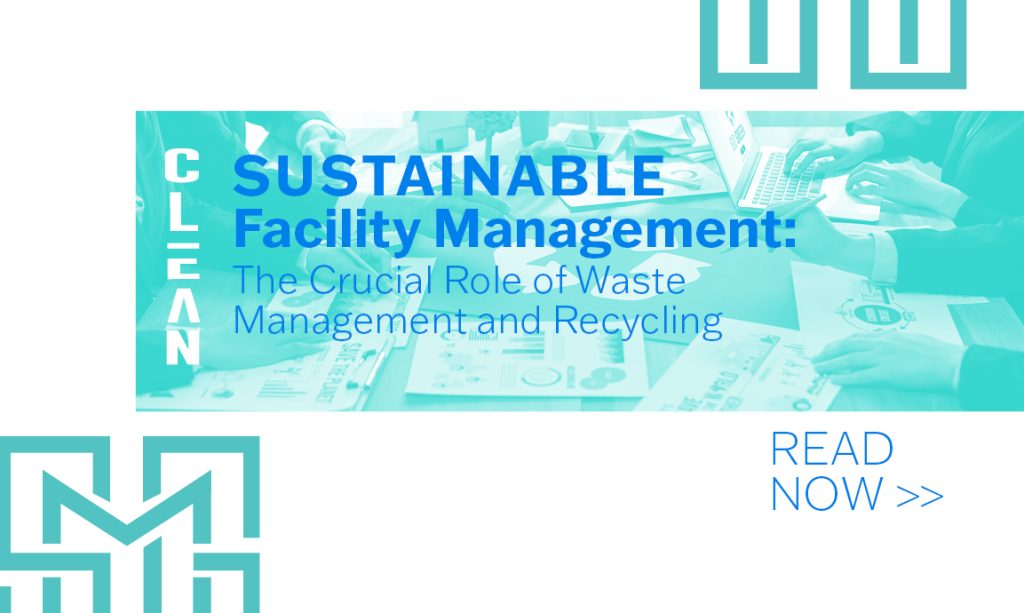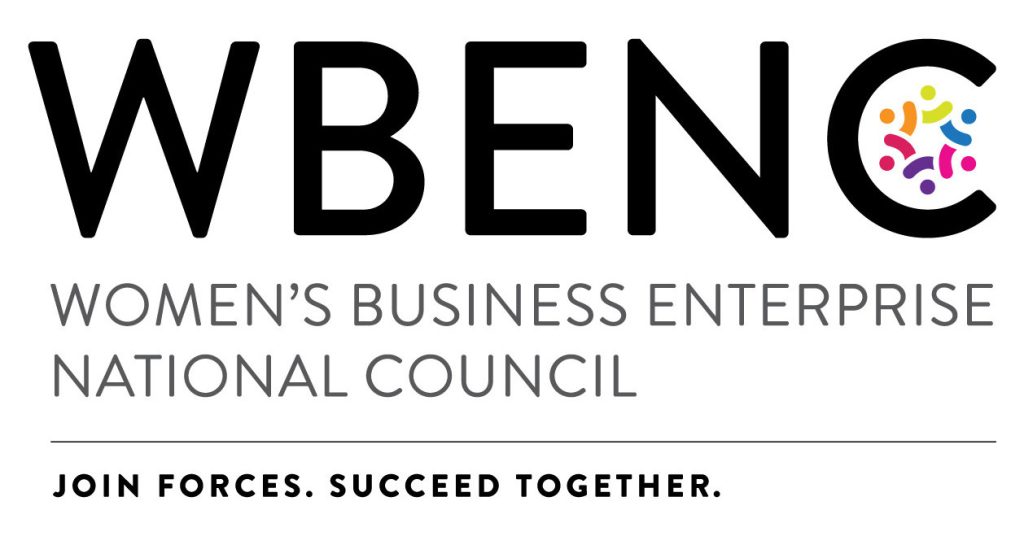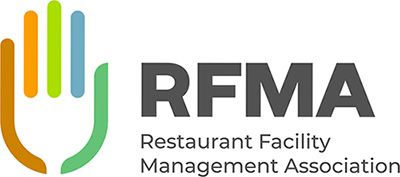The Crucial Role of Sustainable Facility Management in Today’s World
In the dynamic realm of facility management, the adoption of sustainable practices is more than a trend; it’s a necessity. Sustainable Facility Management is not only about reducing environmental impact but also about enhancing operational efficiency and achieving cost savings. This blog post delves deep into the integral role of Waste Management and Recycling in large facilities, underscoring the benefits of collaborating with seasoned companies like SMG Clean, known for their comprehensive janitorial services.
The Environmental Imperative in Sustainable Facility Management
As concerns about climate change and environmental impact continue to rise, businesses are under increasing pressure to adopt eco-friendly practices. Waste generated by large facilities, if not managed properly, can have detrimental effects on the environment. From harmful emissions to soil and water pollution, the consequences are far-reaching. Establishing effective Waste Management and Recycling processes is a proactive step towards mitigating these impacts and fostering sustainability.
Understanding Waste Segregation in Facilities
Facility professionals play a pivotal role in ensuring that waste is segregated appropriately. Waste segregation involves sorting different types of waste at the source, making it easier to recycle and dispose of each category responsibly. Proper waste segregation not only reduces the burden on landfills but also maximizes the potential for recycling. Facility managers should educate staff and team members on the importance of separating recyclables, organic waste, and non-recyclables.
Recycling Practices for a Sustainable Future
Recycling is a cornerstone of sustainable waste management. By partnering with established companies like SMG Clean, which integrate janitorial services with robust recycling programs, facility managers can ensure that recyclable materials are collected, processed, and reused. This not only conserves valuable resources but also reduces the carbon footprint associated with manufacturing new products. Facilities that actively engage in recycling contribute to the circular economy, promoting a greener future.
Proper Disposal Methods: A Necessity in Sustainable Management
Not all waste can be recycled, and some materials require specialized disposal methods. Facility professionals need to be well-versed in the proper disposal of hazardous waste, electronic or “E” waste, and other materials that pose environmental risks. Collaborating with janitorial services providers like SMG Clean, which adhere to stringent disposal protocols, ensures that facilities meet regulatory requirements and uphold environmental standards.
Compliance with Local Waste Management Regulations
Local regulations regarding waste management vary, and facility managers must stay updated on these guidelines. Non-compliance can result in fines and reputational damage. Partnering with experienced janitorial services companies ensures that facilities adhere to local regulations, fostering a responsible and legally compliant waste management strategy.
Conclusion: The Integral Role of Waste Management in Sustainable Facilities
In conclusion, Waste Management and Recycling are integral components of sustainable facility management. Facility professionals must recognize the environmental imperative, understand the importance of waste segregation, embrace recycling practices, and adopt proper disposal methods. Partnering with established companies like SMG Clean not only streamlines janitorial services but also ensures that waste management aligns with best practices and local regulations. By prioritizing sustainable waste management, facilities can contribute to a healthier planet while reaping operational and cost benefits. For more information regarding SMG Clean and the services we offer – visit our website: www.SMGClean.com






